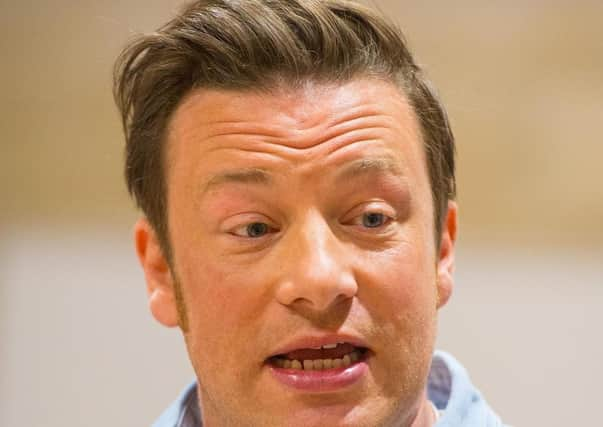Government in disarray despite a massive majority


He successfully took on the appalling quality of school dinners, including the infamous turkey twizzlers. This was part of his wider campaign in favour of home cooking with simple ingredients, as an alternative to junk food.
Now with his food standards petition, which has attracted over a million signatures, he is showing that he is a friend of every farmer in the UK. Once again he is shaming the politicians. In his sights are imports of products, after Brexit and global trade deals, that would not meet current UK standards. This is about drugs banned in livestock production, lower animal welfare standards, more liberal employment laws and the use of chlorine in poultry processing to combat bacteria.
Advertisement
Advertisement
Jamie Oliver is doing more for agriculture and the farming lobby case than just about every politician. He is not playing a political game with the causes he supports, but has genuine beliefs about what is right in food. His campaign was triggered by the failure of the amendment to the Agriculture Bill that would have protected UK standards. I have read why politicians decided to vote against this amendment, but I still do not understand why the opportunity to make a stand was squandered. The government threatened that delay would put payments at risk. That was a slim threat and it was a trigger it would never have risked pulling.
What we have, yet again, is evidence of a government in disarray despite a massive majority. It is making little progress in negotiations with the EU-27 on Brexit. According to the Organisation for Economic Cooperation and Development (OECD) the UK economy faces the biggest hit of any developed country. This reflects its excessive reliance on the service sector. Despite that it is embarking on policies that put at risk the farming industry. This is in pursuit of a trade deal with the US, which offers much politically, but according to official figures little in terms of economics. And that as before coronavirus devastated the US economy. Initially the government promised to maintain standards. One meeting between the trade minister, Liz Truss, and US negotiators and that became a worthless promise. Boris Johnson did a U turn on this in the face of threats that Washington would walk away from talks before it would admit its food quality standards are not the best in the world.
A million signatures on a petition will not change the views of a government with an 80 seat majority. In reality the track cheap food imports puts us on is where it wants to be. Just before coronavirus struck, an adviser to the government suggested the UK did not need farmers, because it could import all the food it needed at cheaper prices. This is thinking that has not gone away at Westminster. Cheap imports would drive down the price of food and consumers love cheap food. The only losers would be farmers. Retailers do not mind who fills their shelves, as long as they are full. Food processors could go on as normal, using imported ingredients rather than local.
There would still be a top end of the market for local suppliers, but in this scenario there is no upside for farmers. The government will offer environmental payments, changing the centuries-old role of farmers as food producers to a new future as park-keepers of the countryside. Cynically, there are a lot more votes in millions enjoying cheap food than there are in agriculture. If farmers fail to recognise that this vote calculation if being made at Westminster they are in for an even bigger shock when their industry becomes one with a great past but an uncertain future.
Advertisement
Advertisement
Lowering standards would also make exports more difficult. We could be out of EU-27 market, because we no longer meet its standards – equivalence in trade negotiation speak.
Other markets would also become more challenging. UK and EU food production standards are recognised as the best in the world. As such they open export doors, with limited need for additional certification. That cannot be said of the United States, which the government is courting so assiduously. We are in a sad situation in farming when politicians are letting us down and only a celebrity chef is standing up for one of Britain’s truly great industries.